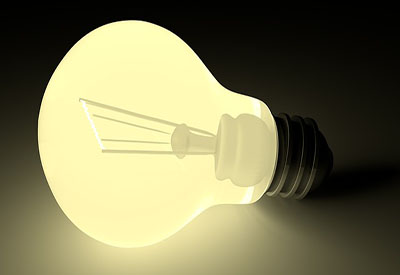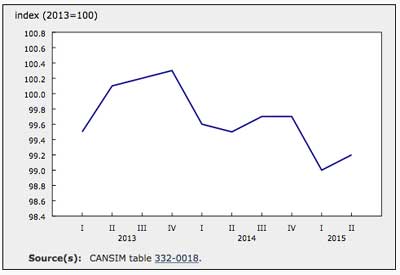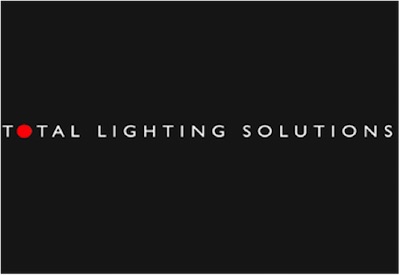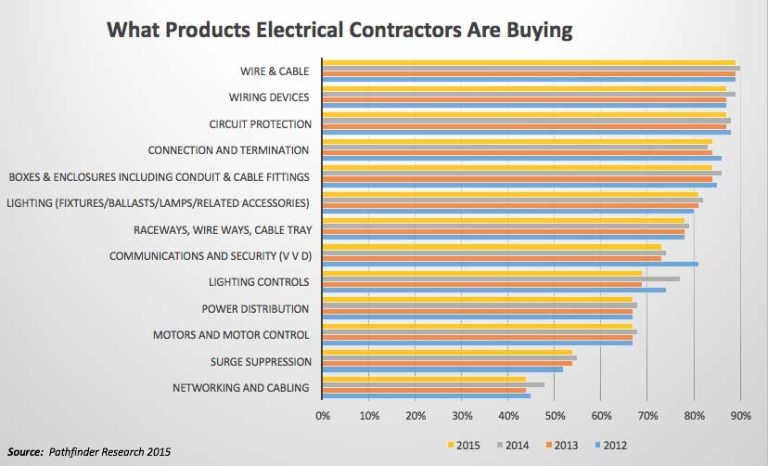How to Measure Light

July 21, 2016
How do you ascertain the illumination level needed for various applications so as to achieve optimal light and safety as well as visual comfort? We often install light bulbs according to their watt consumption without knowing the amount of light they project. How do we measure light? In the lighting industry, we often speak of foot-candles, lumens, and lux. The following are basic references that will help you measure light.
Here is a simple illustration that will help you understand the foot-candle measurement. Imagine setting a candle at a distance of 0.30 meters (1 foot) from a flat wall on which we’ve drawn a square shape measuring 0.09 square meters (1 square foot). One lumen per square foot will illuminate this surface.

Foot-candle is the most widespread lighting measurement in the industry. Why do we still use the word “candle” to measure light in this day and age? The explanation for this choice dates back to origins of the candle itself. When people began to measure the intensity of light, candles were the most common light source available.
At that time, the candle-making industry provided a consistent, steady, clean, and efficient way to measure light; thus, the reason for this well-known expression, even today.
Lumen and lux
The lumen is a significant entity: it measures the total amount of visible light emitted by a given source. All other measurements are based on the lumen.
The lumen measurement originated from the basic concept of foot-candles; it might be illustrated, more or less, by the image shown here. A more scientific definition exists today, but this drawing helps visualize the lumen.
Picture a candle set in the middle of a sphere measuring 0.60 meters (2 feet) in diameter; when we cut a hole that measures 0.09 square metres (1 square foot) in the centre of this sphere, the light that shines through is what we define as a lumen.

A foot-candle equals one lumen per square foot; this is a British measurement. Using the metric system, a lumen is measured by square meter, or a lux. Thus a foot-candle is equivalent to approximately 10 lux or 10.57 lux.
A higher number of lumens are indicative of a brighter, more intense light, whereas a lower number of lumens represent dimmer, more subdued lighting.
How to measure a lumen or a lux
In reality, lumens are quite difficult to measure: laboratory tests are usually required. Consequently, if you want to know the number of lumens projected by your lamp or fixture with integrated bulb, you may want to refer to the product packaging or consult the luminaire catalogue.
Transition from watts to lumens
It does make any sense to evaluate the amount light according to the watt consumption of the lamp. When you want to replace a light bulb, follow this simple rule of thumb to convert watts to lumens, and vice versa.


How much lighting do you need?
Ordinarily, we establish the optimal lighting requirements based on the need for appropriate foot-candles. How can you determine the best amount of lighting for your particular application? The Illuminating Engineering Society of North America (IES) has set a number of guidelines that you may wish to consult.
The following is an infographic that sets out a number of guidelines to determine the amount of lumens you need to light the various rooms of your house.

This article was first published by Standard in its online journal, www.standardpro.com/category/our-online-journal/. Journal articles give tips and advice on how to improve your environment through a better lighting solution, whether it’s in your office, warehouse, home, stores, or on the road…
















